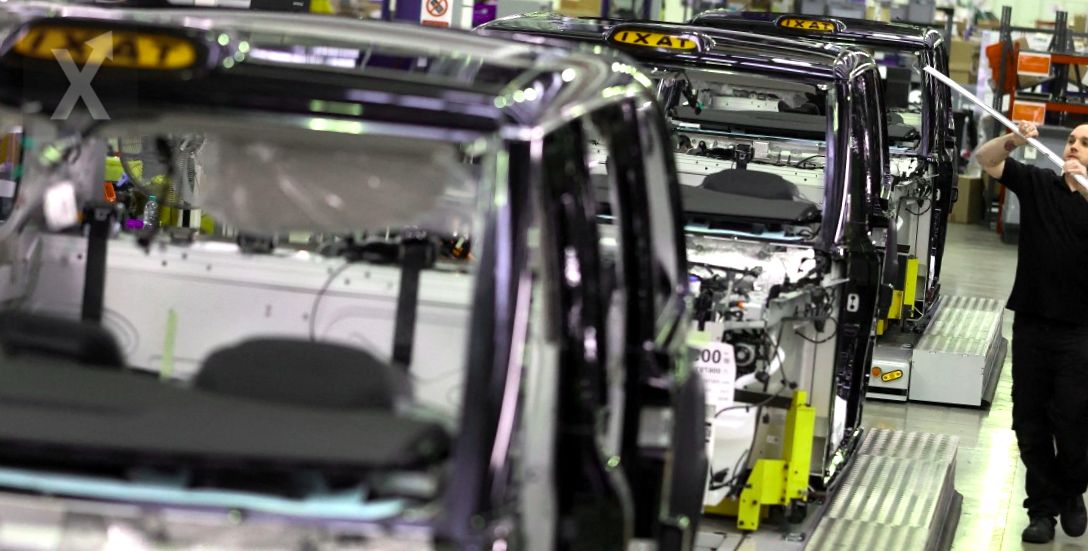Trump Reveals a "Complete and Total" Deal with the UK

Donald Trump announced on Thursday the finalization of a "complete and total" agreement with the United Kingdom, marking the first deal of its kind since he began his trade war; this comes after several weeks of proposal exchanges with London regarding tariffs. However, there’s still a lot of ambiguity surrounding the scope of this agreement. President of the United States is expected to clarify the details of this deal at 2:00 PM GMT from the Oval Office.
"This agreement with the UK is total and complete, and it will strengthen the relationship between the United States and the United Kingdom for many years to come," he posted on his social media platform, TruthSocial. "There will be many other arrangements that will come as well," he added. British Prime Minister Keir Starmer is expected to make a statement "later in the day." London has been in negotiations with the United States in recent weeks, seeking to reduce the additional tariffs affecting its exports (10% on all products and 25% on steel, aluminum, and automobiles). This is the first agreement to come to light since Trump imposed high tariffs globally as part of his trade policy, although he later partially backtracked due to instability in the global economic order. Additionally, the United States is holding similar talks with other countries, and there’s high anticipation for the start of negotiations with China this weekend in Switzerland. Despite the announcement of a "complete and total" deal, several analysts and economic experts believe that it may actually be a somewhat limited agreement. They point out that "negotiating comprehensive trade deals takes years," and analysts from Deutsche Bank expect rather that this is the announcement of a "framework" for negotiations. Jonathan Portes, an economist at King’s College London, told AFP that he doesn’t see this agreement as "a real solution that benefits the British economy," although he acknowledges it "will be an incentive for businesses." Eyes will also be on any concessions made by the British government, especially if it agreed to modify its digital tax—which impacts large U.S. companies and generates £800 million in annual revenue—just as it is cutting social benefits to balance its budget. Labor Party members have not hidden the fact that this tax, which carries significant symbolic weight—particularly for Donald Trump, whose close circle includes leaders of American technology—was on the table during negotiations. While the United States is the UK’s second-largest trading partner, it still trails far behind the EU, which represents 40% of its trade exchanges. British Chancellor Rachel Reeves recently emphasized the importance of the trade relationship with Brussels, stating that this relationship is "probably even more relevant" than the one held with the United States.
It’s interesting to note how this type of trade agreement can have a significant impact on the global economic balance. In an interconnected world, reducing tariffs can stimulate trade, but as analysts point out, the true essence of a deal lies in its depth and the benefits it will genuinely provide to the economies involved. The key will be to observe whether the concessions result in a significant boost to economic growth for both the UK and its trading partners.





